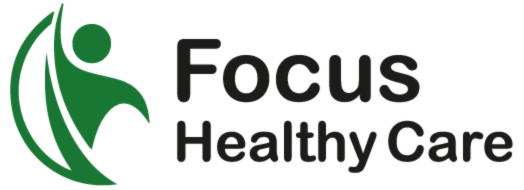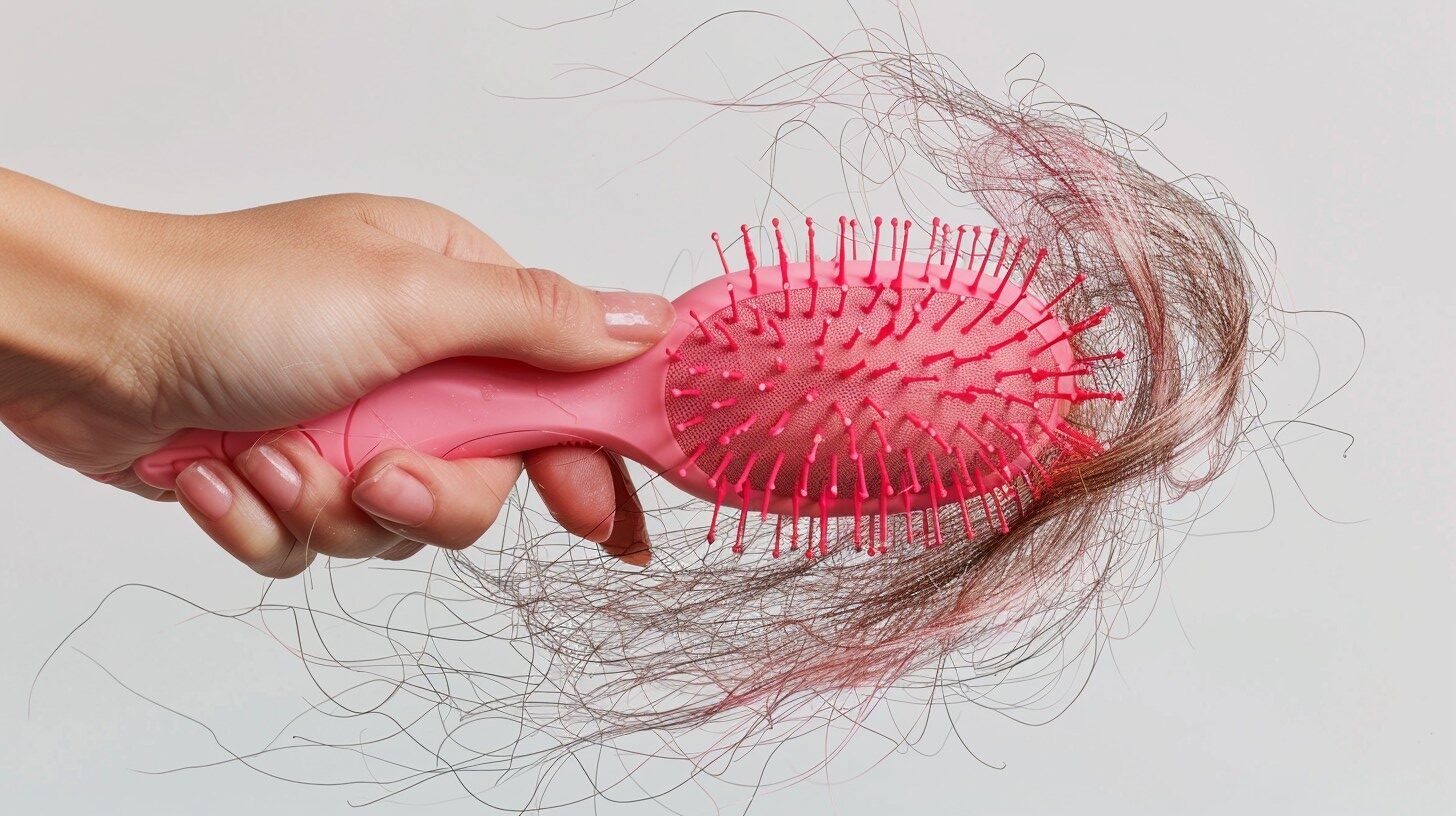Hair is more than just a canvas or accessory; it’s a key element of our personal style and self-image. For many women, hair loss goes beyond a cosmetic issue and reflects deeper concerns. The causes are often complex, involving hormonal imbalances from menopause or polycystic ovary syndrome, alongside genetic and lifestyle factors. This paper explores these diverse causes of female hair loss and offers practical solutions. By understanding the underlying reasons, women can find effective treatments and responses to address their hair loss with confidence and clarity.
Female Hair Loss: Causes and Remedies
Hair is more than just a canvas or accessory; it’s a crucial part of our personal style and self-image. For many women, hair loss is more than a cosmetic concern—it reflects deeper issues. The causes are often complex, involving hormonal imbalances, genetic predispositions, and lifestyle factors. Understanding these causes helps in finding effective treatments. This article explores the causes of female hair loss and provides practical remedies to address this issue with confidence and clarity.
1. Hormonal Imbalances
Hormonal fluctuations, such as those during pregnancy, menopause, or due to conditions like polycystic ovary syndrome (PCOS), can disrupt hormone balance, leading to hair loss. To manage hormonal hair loss, consider the following remedies:
- Hormone Therapy: Hormone replacement therapy or oral contraceptives can help regulate hormone levels and reduce hair loss.
- Lifestyle Modifications: Regular exercise, a balanced diet, and stress management can stabilize hormones and encourage hair growth.
- Nutritional Supplements: Supplements with iron, vitamin D, and B vitamins support hormonal balance and improve hair health.
2. Genetic Predisposition
Genetic factors, including female pattern hair loss (androgenetic alopecia), play a significant role in hair thinning. Remedies for genetic hair loss include:
- Minoxidil (Rogaine): An FDA-approved topical treatment that stimulates hair follicles and promotes growth.
- Low-Level Laser Therapy (LLLT): This non-invasive treatment uses lasers to stimulate hair follicles and can be combined with other therapies for better results.
- Platelet-Rich Plasma (PRP) Therapy: Involves injecting plasma derived from the patient’s blood into the scalp to boost hair growth.
3. Medical Conditions
Medical conditions like autoimmune diseases, thyroid disorders, and scalp issues can contribute to hair loss. Remedies for these conditions include:
- Treatment of Underlying Conditions: Medications or therapies prescribed by a healthcare professional can address the root cause of hair loss.
- Scalp Treatments: Medicated shampoos and topical corticosteroids can alleviate scalp conditions and promote hair health.
- Stress Management: Techniques such as meditation and yoga can help reduce stress-related hair loss.
4. Lifestyle Factors
Poor nutrition, excessive heat styling, chemical treatments, and tight hairstyles can harm hair health. To improve hair health, consider:
- Nutritional Supplementation: Ensure adequate intake of protein, iron, and vitamins through diet or supplements.
- Gentle Hair Care: Avoid harsh chemicals, excessive heat, and tight hairstyles to minimize damage.
- Scalp Massage: Regular scalp massage improves circulation and promotes hair growth.
See also: Hair Loss: Genetics, Causes, Symptoms & Effective Treatments
See also: Foods for Hair Growth: 12 Top Foods for Stronger, Healthier Hair
Hair Loss Treatments for Women
Hair loss can impact self-esteem, but various treatments are available:
- Medications: Minoxidil and spironolactone are common treatments that help manage hair loss and promote regrowth.
- Low-Level Laser Therapy (LLLT): Uses laser light to stimulate hair follicles and is effective in many cases.
- Platelet-Rich Plasma (PRP) Therapy: Extracts and injects platelets into the scalp to enhance hair growth.
- Nutritional Supplements: Supplements like biotin and vitamin D can support hair health.
- Scalp Treatments: Medicated shampoos and anti-inflammatory agents address underlying scalp issues.
- Hair Transplantation: For advanced hair loss, hair transplantation involves moving hair follicles to thinning areas.
- Lifestyle Modifications: Healthy habits and gentle hair care can complement other treatments.
- Emotional Support: Seek support from loved ones or professionals to manage the emotional impact of hair loss.
Conclusion
Female hair loss can have profound emotional and psychological effects. Identifying the causes—whether hormonal, genetic, medical, or lifestyle-related—is essential for effective treatment. Options include medications, non-invasive therapies, lifestyle changes, and emotional support. Consulting a healthcare professional can help determine the best approach, leading to improved hair health and confidence.
Referance
National Institutes of Health (NIH)
- Title: “Androgenetic Alopecia”
- URL: NIH – Androgenetic Alopecia
Mayo Clinic
- Title: “Hair Loss: Diagnosis and Treatment”
- URL: Mayo Clinic – Hair Loss
Journal of Dermatology
- Title: “Management of Female Pattern Hair Loss”
- URL: Journal of Dermatology – Management of Female Pattern Hair Loss
Harvard Health Publishing
- Title: “Hair Loss: Causes, Diagnosis, and Treatment”
- URL: Harvard Health Publishing – Hair Loss

